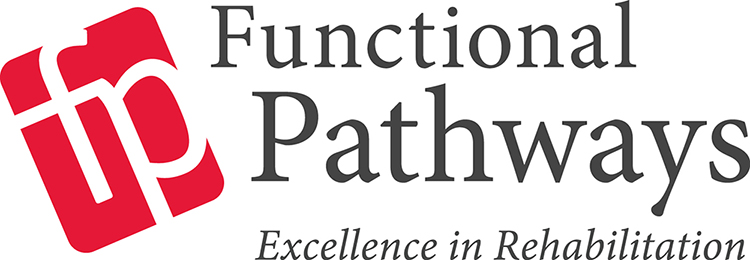Therapy documentation compliance requires close attention by the skilled nursing facility. Ensuring that your therapy documentation has met necessary regulatory guidelines is essential. In most cases, it is the responsibility of the therapy contract provider to ensure regulations are met. However, the facility shouldn’t take a “hands off approach” in this process since it is the facility provider number billing the therapy services. In addition, the therapy contractor may need the facilities help in obtaining timely certification from the physician.
“Timing of Initial Certification. The provider or supplier (e.g., facility, physician/NPP, or therapist) should obtain certification as soon as possible after the plan of care is established, unless the requirements of delayed certification are met. “As soon as possible” means that the physician/NPP shall certify the initial plan as soon as it is obtained, or within 30 days of the initial therapy treatment. Since payment may be denied if a physician does not certify the plan, the therapist should forward the plan to the physician as soon as it is established.”—Medicare Benefit Policy Manual, Chapter 15, 220.1.3 B – Certification and Recertification of Need for Treatment and Therapy Plans of Care
It is also important to keep in mind that just because a resident is entitled to 100 days of skilled coverage or has dollars available to spend, therapy cannot be provided unless the skills of a therapist are vital to treat the resident’s condition/diagnosis.
To be considered reasonable and necessary therapy, each of the following conditions must be met.
- The services shall be considered under accepted standards of medical practice to be a specific and effective treatment for the patient’s condition.
- The services shall be of such a level of complexity and sophistication or the condition of the patient shall be such that the services required can be safely and effectively performed only by a therapist, or in the case of physical therapy and occupational therapy by or under the supervision of a therapist. Services that do not require the performance or supervision of a therapist are not skilled and are not considered reasonable or necessary therapy services, even if they are performed or supervised by a qualified professional. Medicare coverage does not turn on the presence or absence of a beneficiary’s potential for improvement from the therapy, but rather on the beneficiary’s need for skilled care.
—Medicare Benefit Policy Manual, Chapter 15, 220.2 A
While a beneficiary’s particular medical condition is a valid factor in deciding if skilled therapy services are needed, a beneficiary’s diagnosis or prognosis cannot be the sole factor in deciding that a service is or is not skilled. The key issue is whether the skills of a therapist are needed to treat the illness or injury, or whether the services can be carried out by non-skilled personnel. The amount, frequency, and duration of the services must be reasonable under accepted standards of practice. —Medicare Benefit Policy Manual, Chapter 15, Section 220.2 B
So yes—in this case the more hands in the cookie jar, the better!! An interdisciplinary approach to therapy compliance ensures that the total picture is assessed and documented to support the services given to and billed for the resident’s we serve.
Gina Tomcsik
Director of Compliance


Comments (0)